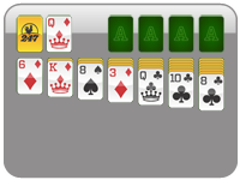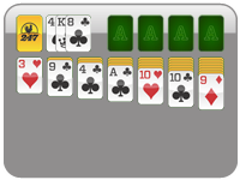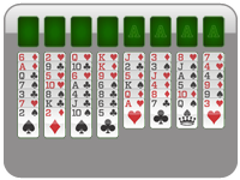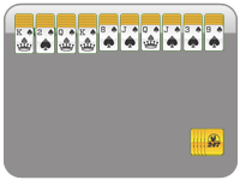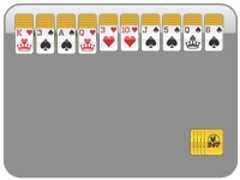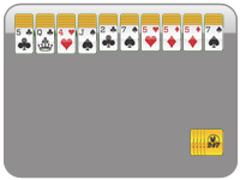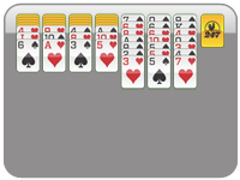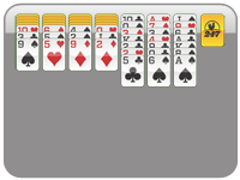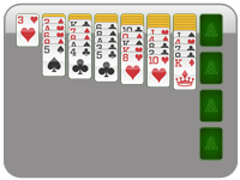Tips on How to Prevent Memory Loss in Old Age
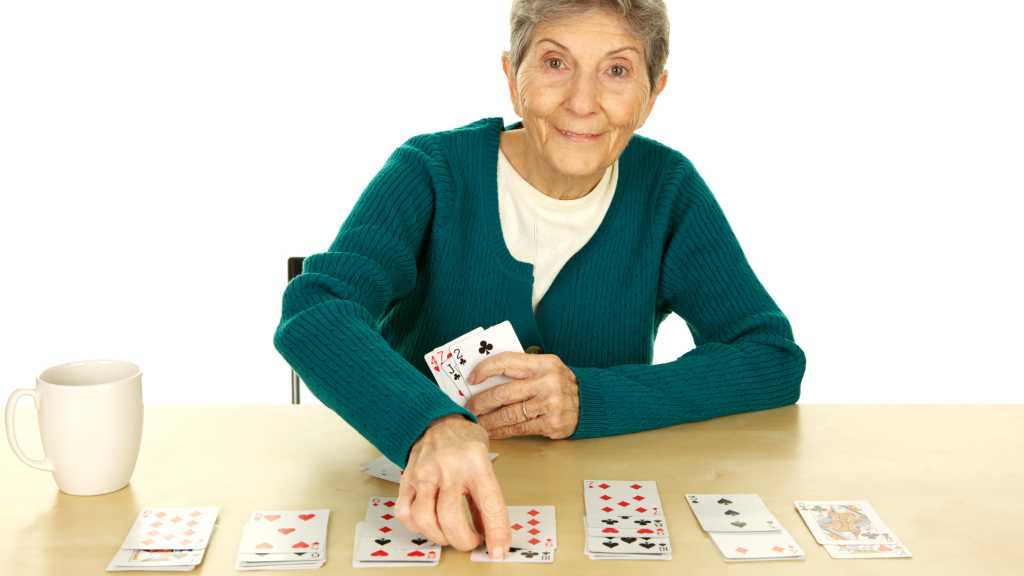
The fear of memory loss is a significant anxiety among those who are aging. It's estimated that 40% of individuals aged 65 and over will experience some form of memory loss. This can range from mildly obtrusive to debilitating to day-to-day functioning.
We will discuss why some people experience memory loss, the discrepancies between them, and ways to strengthen your cognitive functioning against it. Read on to find out how to prevent memory loss in old age.
What causes memory loss as we age?
Memory loss is a spectrum, as there are many different forms of memory loss or dementia that older individuals can experience as they age. Mild cognitive impairment (MCI) is a form of memory loss and cognitive decline that many people experience to varying degrees. Alzheimer's disease, on the severe side of the spectrum, affected approximately 5.8 million Americans in 2020 according to the CDC.
MCI is a much more manageable condition, usually involving mild forgetfulness or memory loss, and this doesn't typically interfere with an individual's daily life. In contrast, more severe forms of dementia can drastically affect an individual's memories, senses, and even personality. Unfortunately, many are beholden to genetic predispositions out of their control, and neither condition has a known cure.
There are many factors that contribute to the development of memory loss. The medical history of an individual's metabolic or vascular system is correlated with a higher risk of dementia. Lifestyle and environment can also play a part.

6 helpful tips for preventing memory loss
As you can tell, memory loss is a very serious issue. Fortunately, there are many techniques meant to manage and prevent symptoms of memory loss that can be adopted into your daily life. Here are some tips on how to prevent memory loss in old age.
1. Pay more attention throughout the day to prevent memory loss
Sometimes, not recalling details is a matter of attention, not memory. Managing a lot of details, tasks, or otherwise can be overwhelming, especially when we're having trouble focusing. The best way to combat this is by being proactive about our attention. Practice active listening, observe surroundings deeply, and take notes when you pick up on things you must remember.
2. Challenge yourself to rely on memory when you can
We engage our memories every day just by our patterns. Many people have specific routines that help them get things done efficiently and timely. Recalling a routine and putting it into action is a fantastic exercise for our memories. Next time, instead of following a GPS to a familiar location, try to get there solely by memory.
While writing things down or following notes is great for remembering specifics, strengthening our memory means not relying too heavily on references. When we're able to recall information without assistance, it activates the memory center of our brain much more than otherwise. Use this in your daily life. For example, instead of referencing a grocery list, challenge yourself to remember the items on that list.
It's important to keep routines, but it's also great to create new ones. One of the best ways to create a new routine is to incorporate a new skill into your routine. Playing an instrument, writing, or drawing are just a few examples. Practicing a new skill every day challenges you to replicate information you've learned before. In the same vein, replicating a painting or a favorite song keeps your memory-recall skills in frequent use.
3. Play games that improve memory
Games that engage our memory and cognitive abilities can be a great way to pass the time while helping our brains stay sharp. Board games are some of the best at this as they are easy and accessible to pick up yet contain staggering depth.
Another great game that is good for memory is Solitaire. Solitaire challenges one's organization skills and patience, asking players to think several steps ahead and turn a random assortment of cards into organized pillars. The best thing here is it's simple to play by yourself with no strict time limit for completion. You can take all the time you need to consider moves across the game and memorize your strategies for future games.
The list of games that exercise memory is practically endless, so find the games you love and see how you can apply memory skills to them.
4. Prevent memory loss by reading more—especially fiction books
Reading is a great exercise for anybody. Fiction especially introduces new worlds and stories that stimulate our imaginations and creativity. Immersing yourself in a fictional story isn't only fun; it also asks the reader to absorb information for later use, which can be a good exercise in reading comprehension and memory. For example, solving the mystery in a novel before its properly explained is an amazing feat of memory and information recall.
5. Fortify your physical health to prevent memory loss
General physical health is critical for our brain health. An example of this is that individuals with diabetes are at higher risk for cognitive diseases. For that reason, it's important to take care of our bodies as much as our minds as we age.
First, ensure the food you're eating is nutritious and healthy. Studies on food and brain health found that fish and seafood are plentiful in vitamin B and omega-3, and green vegetables boost the brain with fiber. Also, irregular eating patterns and dehydration will not only make you feel worse but also inhibit your brain functioning.
Next, stay active and exercise to foster a healthier body and mind. Even thirty minutes of exercise a day can keep your body in the best shape, and this will translate to your brain, too. There are many ways to exercise depending on the individual's needs and physical ability, but some of the most important focuses of exercise are one's endurance, strength, balance, and flexibility.
6. Seek out a mental health professional
Of course, it's always important to consult with a doctor when dealing with memory loss or other cognitive issues. On the other hand, it may be beneficial to consult a mental health professional, too.
Persistent depression has been found to lead to a higher risk of MCI and other cognitive issues. These issues can be incredibly difficult to manage alone, but it doesn't have to be that way. Finding medical professionals who can diagnose and treat your condition is perhaps the most important part of staying healthy, as trying to carry the burden of mental illness alone can make you feel helpless.
Regardless, always tell your doctor if you've been feeling depressed for a long period of time along with any memory issues you're experiencing because of that.

Memory loss doesn't need to get in the way of how you live
Memory loss is scary, but you aren't alone. Medical professionals around the world are not only working to make breakthroughs in the fields of cognitive decline and dementia but also helping those suffering now and in the future with their conditions.
Preventive care will always be important, but even individuals with serious memory issues can have hope. As with all illnesses, one of the best things to help memory as you age is to connect with your family, friends, and a network of people who care about you and your health.
Solitaire Games
More Solitaire Games
More Games
Solitaire News
Disclaimer
DISCLAIMER: The games on this website are using PLAY (fake) money. No payouts will be awarded, there are no "winnings", as all games represented by 247 Games LLC are free to play. Play strictly for fun.

